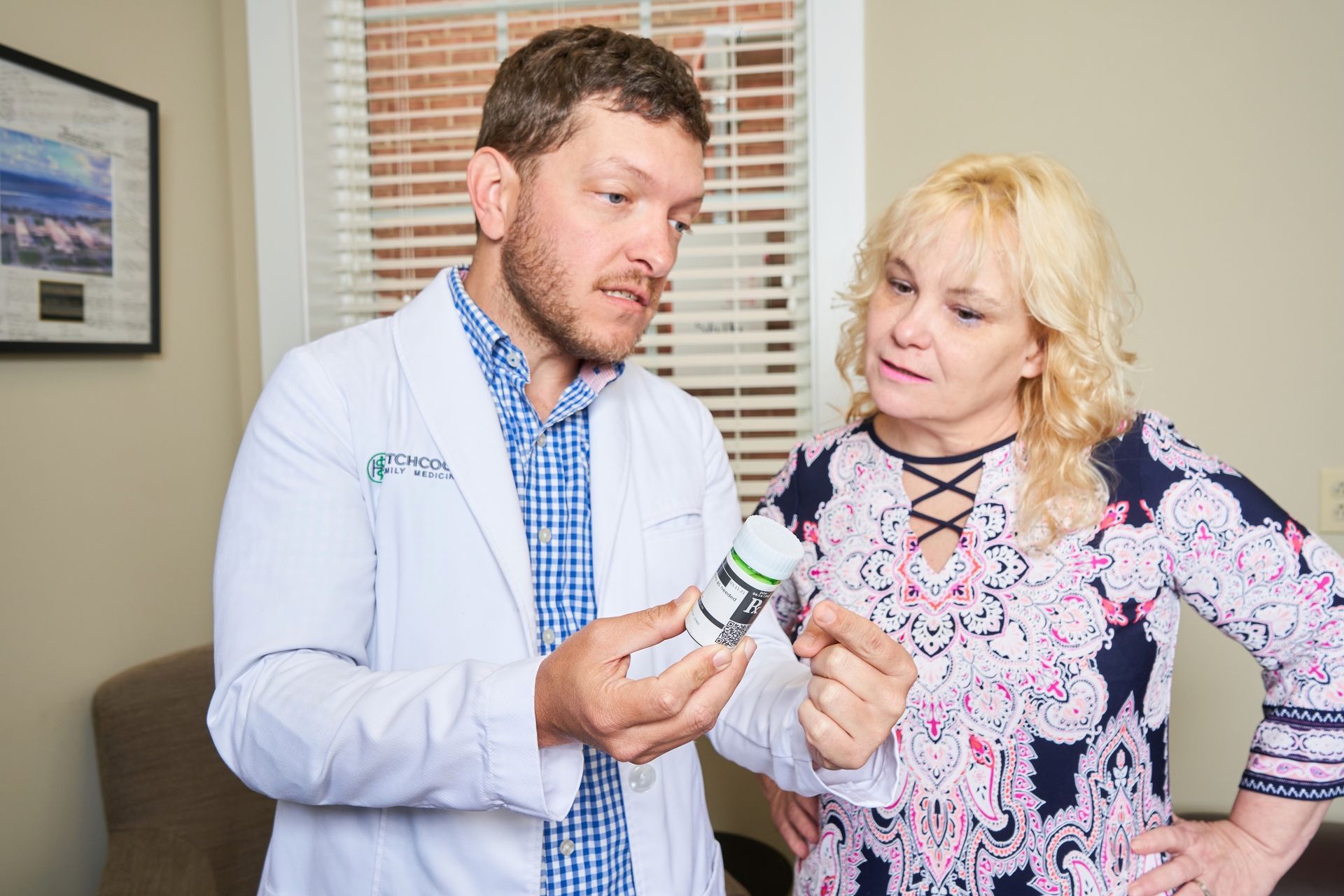What is Integrative Medicine?
Many of us feel like we're not getting what we need to out of conventional medicine, at least not in full. Conventional medicine may satisfy some of your needs, but not all of them. According to the CDC, while about 84.9% of all adults have seen a doctor or other healthcare professionals, lots of people report feeling unheard by their doctors or dissatisfied in some way. Some of them have found a solution not simply by finding a better conventional doctor, but also by exploring integrative medicine. Integrative medicine can be a bit confusing to navigate. For that reason, let's explore exactly what integrative medicine covers, and what it can do for you.
What Is Integrative Medicine?
There are two main types of medicine. One is defined as conventional medicine, which is traditional western medicine. It includes everything from surgery to traditional medications, as well as typically prescribed lifestyle changes (like weight loss). Then there is complementary medicine, which is usually non-western, including meditation, yoga, chiropractic therapy, and beyond. While some conventional doctors do not agree with complementary medicine, many believe in the healing properties of alternative treatments, as long as they are used alongside conventional treatments. That's where we come to
integrative medicine.
When a provider offers integrative medicine, they are essentially integrating complementary medicine into conventional medicine. This can come from a single conventional doctor who also offers complementary techniques; or this could come from a team of healthcare providers, some of which practice conventional medicine while others practice complementary medicine. You may see a conventional doctor for surgery or conventional medication, and be referred to an acupuncturist for your other needs.
Who Uses Integrative Medicine?
The great thing about integrative medicine is that you can get what you need out of conventional medicine, while still exploring other options seen in complementary medicine. People seek integrative medicine for a variety of different ailments, including asthma, diabetes, chronic pain, nausea, sciatica, and much more.
Mental illnesses are also often treated with integrative medicine. You may seek a conventional doctor to prescribe antidepressants, but also seek a massage therapist to help you through the aches and pains that come with your depression. When seeking an integrative approach, you don't have to choose between one or the other.
You'll want to make sure that you choose an individual or team with the right approach, but they do exist!











Share On: